Cardiovascular Disease
Cardiovascular disease remains the number one cause of death in Americans, accounting for over 600,000 deaths in 2007. One of the least invasive means of detection of cardiovascular disease is through low dose CT techniques, such as Calcium Scoring and Coronary/Cardiac CT/CTA.
Calcium Scoring allows for the quantification of a patient’s burden of coronary artery calcified plaque as an independent risk factor for cardiovascular events, independent of the traditional Framingham risk factors (1). Further, Coronary/Cardiac CT/CTA allows for noninvasive evaluation of coronary artery disease in symptomatic low-to-intermediate risk factor individuals.
One also has the benefit of quantitatively and qualitatively characterizing other cardiac diseases, including valvular diseases and cardiac masses, when traditional modalities such as coronary angiography, nuclear stress testing and echocardiography are unavailable or limited.
Cardiovascular MRI is a robust means of thoroughly investigating cardiovascular disease processes without the use of ionizing radiation. Cardiovascular MRI has numerous clinically proven uses, including:
- myocardial viability testing,
- assessment for infiltrative cardiomyopathies,
- ARVC/ARVD, adult and pediatric congenital heart disease,
- cardiac/pericardiac masses,
- shunt quantification,
- valvular disease, etc.
Cancer
Cancer remains the number two cause of death in Americans, accounting for over 550,000 deaths in 2007. While lung cancer is the third most common site of cancer, it was the number one cause of cancer death in 2007, accounting for more cancer deaths than prostate and breast cancer combined.
Recently, the National Comprehensive Cancer Network (NCCN) has released the 2012 guidelines for inclusion of low-dose chest CT as a lung cancer screening tool for high-risk individuals, in lieu of a standard chest x-ray. BCBS of Alabama provides coverage for lung cancer screening in accordance with these guidelines. View the guidelines at nccn.org.
Additionally, Chest CT has the ability to characterize interstitial lung disease through high-resolution techniques. It can also characterize diseases of the mediastinum and chest wall.


